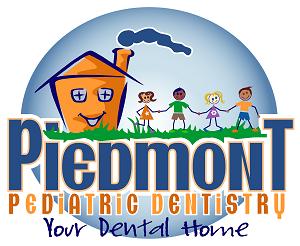What is Tooth Decay?
Tooth Decay (dental cavities) are the result of a bacterial infection, which is transmissible. Most of the time cavities are due to a high frequency of meals/snacks and a lack of appropriate oral hygiene.
Limiting sugar intake and brushing regularly, of course, can help. The longer it takes your child to chew their foods the longer the residue stays on their teeth, the greater the chances of getting cavities.
Every time someone eats, an acid reaction occurs inside their mouth as the bacteria digests the sugars. This reaction lasts approximately 20 minutes. During this time the acid environment can destroy the tooth structure, eventually leading to cavities.
Consistency and flow of a person’s saliva also makes a difference, thinner saliva breaks up and washes away food more quickly. When a person eats diets high in carbohydrates and sugars they tend to have thicker saliva, which in turn leads to more of the acid-producing bacteria that causes cavities.
Children who go to bed with a bottle of milk, formula or juice are more likely to get tooth decay. Because the sugar in formula, milk or juice stays in contact with the teeth for a long time during this feeding, the teeth can decay quickly.
Tips to Avoid Tooth Decay
Here are some tips to avoid tooth decay in children:
- Mothers should reduce their own oral bacterial infection through dental care and effective oral home care during prenatal and postnatal periods.
- Avoid propping a bottle in the crib.
- Avoid excessive nighttime bottle or breastfeeding.
- Try comforting the child with a pacifier or favorite toy or blanket instead of using the bottle or breast as a pacifier.
- Clean a child’s teeth as soon as they erupt and after each feeding. Parents should use a damp cloth or a toothbrush to clean the teeth. Cleaning a child’s teeth remains the parent’s responsibility into the preschool years.
- Check teeth regularly for any chalky white or brown spots that could be the beginning of decay especially around the gum line.
- Bring the child to the dentist whenever a dental problem is suspected.
- A child’s first visit to the dentist should be made by the first birthday or six months after the first tooth erupts.
- Limit Frequency of meals and snacks.
- Encourage brushing, flossing, and rinsing after meals.
- Use Xylitol
- Watch what you drink.
- Avoid sticky foods.
- Make treats part of meals.
- Choose nutritious snacks – Snack Tips for Parents
- Dental Caries Progression
